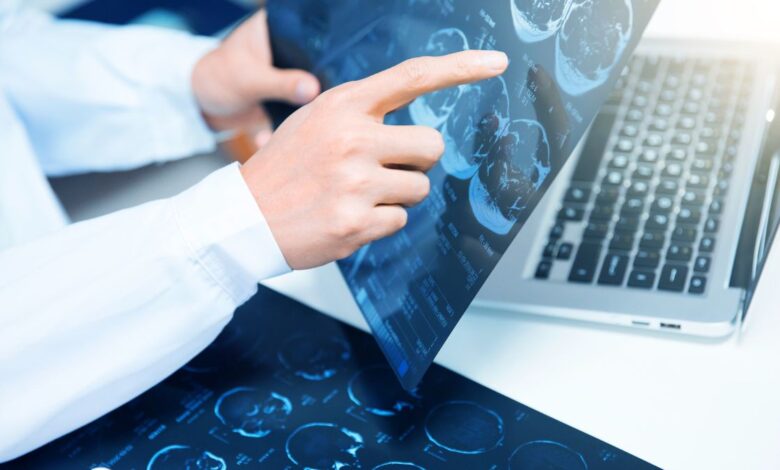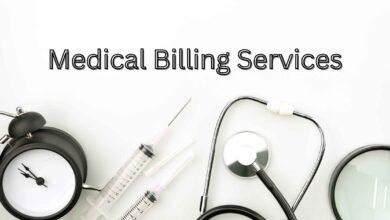The Role of MRI in Preventive Health Screenings – Is It Worth It?

“This article looks at MRI’s role in preventive health, weighing the pros and cons of things like early detection and safety against things like incidental findings and cost, to help patients make informed, personalized screening choices.”
At our center, we believe in proactive care and clear answers. When we talk about MRI imaging we envision more than scans; we envision empowering insights. It gives both patients and doctors a deeper view of health guiding preventive steps.
Why MRI Matters in Prevention?
The MRI scans allow us to peek inside the body without surgery or radiation. This clarity is vital. We can see soft tissues, organs, and the brain with unmatched precision. That means spotting issues early, when intervention can be most effective.
MRI avoids radiation, offering a safer alternative to CT. It reveals subtle changes that might elude X-rays. It’s not about fear it’s about foresight.
Advances Powering MRI’s Preventive Role
Technology evolves fast. Whole-body MRI in Los Angeles can now scan the body in under an hour no radiation in a single session. It highlights abnormalities, aneurysms, and early-stage tumors. It may even catch subtle conditions before symptoms emerge.
Some patients share life-changing stories of lifesaving discoveries. But it is important to balance hope with realistic expectations and medical necessity. You can learn more about its growing role in healthcare by reading our in-depth guide on MRI scans and preventive health.
Benefits of Preventive MRIs
Preventive MRI Los Angeles has more benefits than just checking your health. These scans can find early signs of disease such as tumors or problems with blood vessels before symptoms show up. They do not hurt and don’t use radiation so you can use them again and again. Preventive MRI imaging Los Angeles gives doctors very clear pictures, especially of soft tissues, which helps them find diseases with great accuracy. They also give patients peace of mind because they know exactly what is wrong with their health. MRI can help find problems early which can lead to quicker treatment and better results.
- Early Detection: In high risk individuals MRIs can reveal hidden tumors or vascular issues missed by other means
- Noninvasive & Safe: No radiation and the modern MRI is gentle on the body
- Peace of Mind: Most patients feel reassured when scans show normal results
- Visual Precision: The MRI handles soft tissue contrast with exceptional clarity
Upsides and Risks: A Balanced Look
The preventive MRI has many benefits including finding hidden health problems early being safe without surgery and providing very clear images for precise diagnoses. It can help people understand their health better and feel more at ease. But you should think about the risks. Incidental results might lead to unneeded follow ups false positives can create stress and the benefits for healthy people are still being contested. Costs can be considerable and insurance coverage is typically not very good. Patients may make smart confident choices when they know both the pros and cons.
Pros:
- Detects issues early in high-risk populations.
- Noninvasive and safe.
- Provides a comprehensive health snapshot.
Cons:
- Incidental Findings: Over one third of scans reveal unrelated anomalies which can lead to unnecessary follow ups.
- False Alarms: MRI may flag harmless variations as potential threats.
- Unclear Outcome Benefits: The benefits of better survival and long-term health are unclear.
- Cost and Accessibility: Scan costs are typically not covered by insurance.
- Scan Anxiety: Uncertain scan results can induce anxiety.
When Can It Be Worth It?
MRI screenings can be valuable for:
- Individuals with strong family histories of cancer or aneurysm.
- Those with genetic predispositions.
- Patients with unexplained symptoms for which standard tests cannot provide an explanation.
However preventive MRI should be considered a supplement not a replacement for proven screenings like mammograms or colonoscopies.
What to Ask and Think About?
Before opting for an MRI in preventive care, consider:
- What is your personal and family health history?
- Are you prepared for possible follow-up scans?
- Are you comfortable with the cost and potential anxiety?
- Is it medically necessary or optional?
- Would traditional, guideline-based screenings be more effective?
MRI in Context
Some experts warn that full-body MRI for healthy, symptom-free individuals remains unproven in its benefits. Others point to cases where early detection made a significant difference. The reality is that this type of screening is not for everyone it depends on risk medical history and individual preference.
How do We Approach It?
At our Encino location, we guide each patient individually. Risk matters. History matters. So does clarity. We explain both the benefits and limitations. We work with your physician to make an informed choice that suits your needs.
At our Encino facility, we approach preventive MRI with a personalized and patient-focused process. We begin by learning about your health history, risk factors, and worries. Our expertise simplifies MRI pros and disadvantages to help you make educated decisions. We work with your doctor to integrate the scan into your care plan. Comfort is crucial, thus we employ new equipment to scan faster and quietly. We want to give you clear information, confidence, and kind care.
Conclusion
Preventive MRI has promise. For some, it gives early detection, safety, and peace of mind. But it won’t work for everyone. It can bring to light things that were previously undisclosed, raise prices, and cause people to worry for no reason. The greatest way to go is the one that is right for you, based on your health history and medical recommendations.




